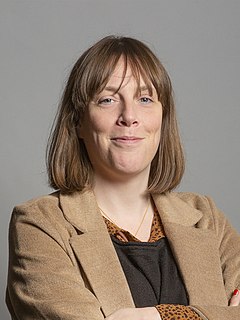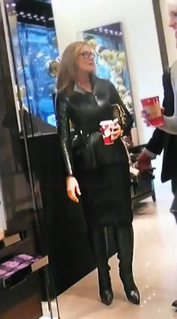A Quote by Eula Biss
I talked to lots of people who are vaccine-hesitant, and I actually was one myself until I got further into this project, and most of them actually are in my demographic: so well-educated people with advanced degrees who are upper middle-class and have read quite a bit on the subject.
Related Quotes
Because [Donald Trump] so clearly - through his words and actions and the type of people that turn up at his rallies - represents people who are not the middle, not the upper middle educated class, there is a fear of seeming to be associated in any way with them, a social fear that lowers the class status of anyone who can be accused of somehow assisting Trump in any way, including any criticism of Hillary Clinton.
Because I sometimes shopped in Waitrose, I thought I was actually quite posh. I've realised that I'm basically a scullery maid. Even the middle-class people who I meet in parliament, people who live in London - which I think is remarkable because how can anybody afford to live there - seem much, much more middle class than me.
It's probably more frustrating to me as an Iranian living in America than it is when I'm over there. Inside Iran, people are actually quite well educated about America. There are things they don't understand, particularly in the government, but the people, by and large, know the American sensibility quite well, and the reverse is not true. There's a lack of knowledge about Iran and the Iranian people.
If you were a successful upper-middle-class Negro girl in the 1950s and '60s, you were, in practice and imagination, a white Protestant upper middle-class girl. Young, good-looking white women were the most desirable creatures in the world. It was hard not to want to imitate them; it was highly toxic, too, as we would learn.



































